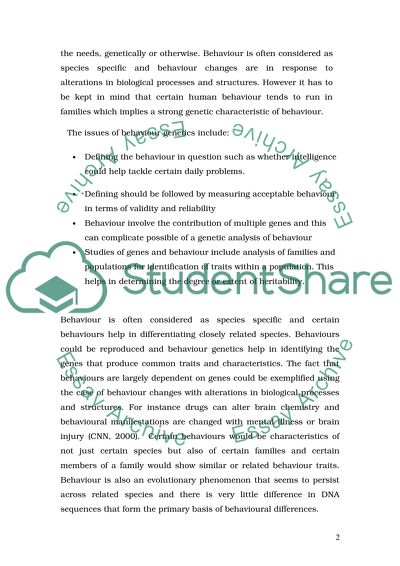Cite this document
(“Behaviour Genetics Essay Example | Topics and Well Written Essays - 2500 words”, n.d.)
Retrieved from https://studentshare.org/sociology/1529001-behaviour-genetics
Retrieved from https://studentshare.org/sociology/1529001-behaviour-genetics
(Behaviour Genetics Essay Example | Topics and Well Written Essays - 2500 Words)
https://studentshare.org/sociology/1529001-behaviour-genetics.
https://studentshare.org/sociology/1529001-behaviour-genetics.
“Behaviour Genetics Essay Example | Topics and Well Written Essays - 2500 Words”, n.d. https://studentshare.org/sociology/1529001-behaviour-genetics.


